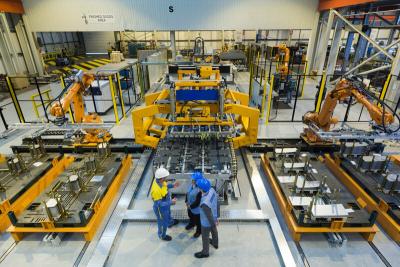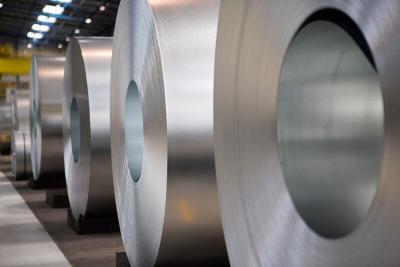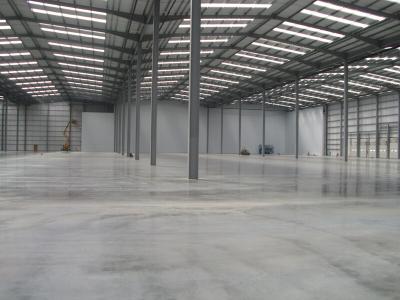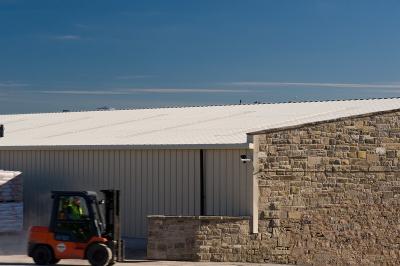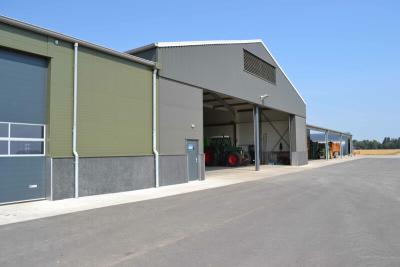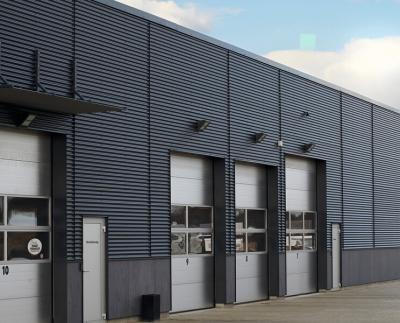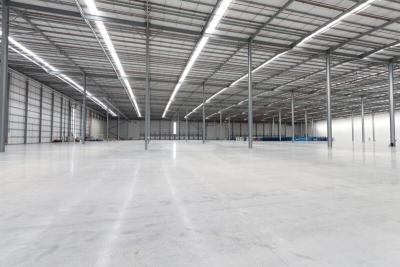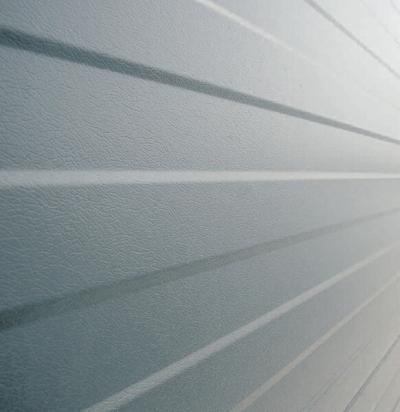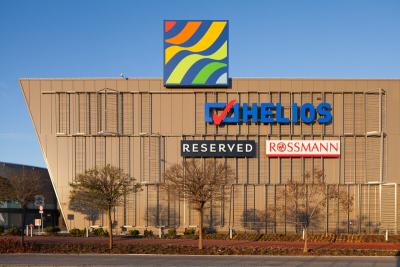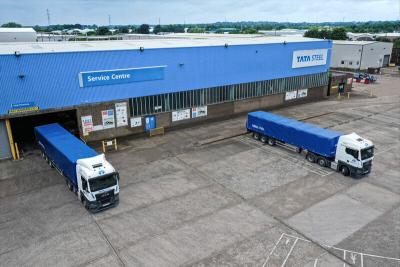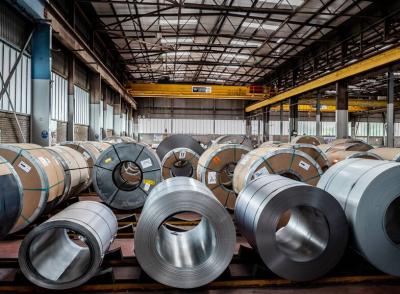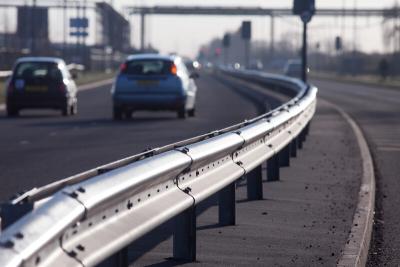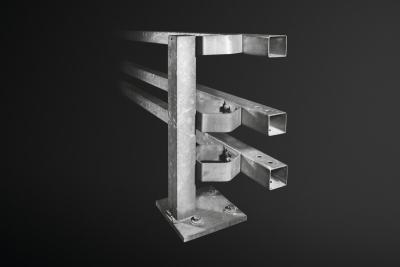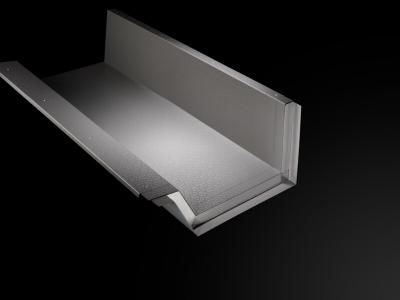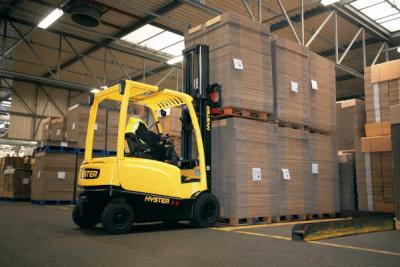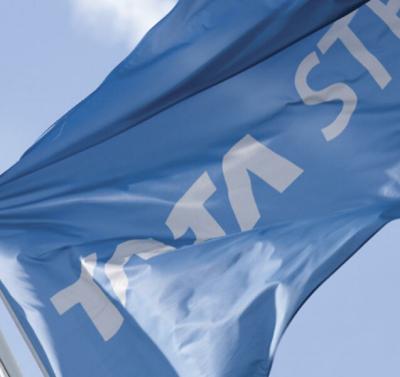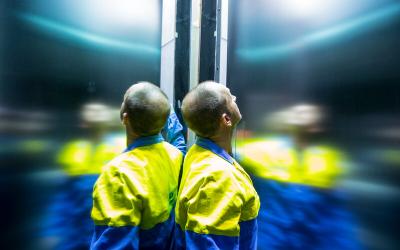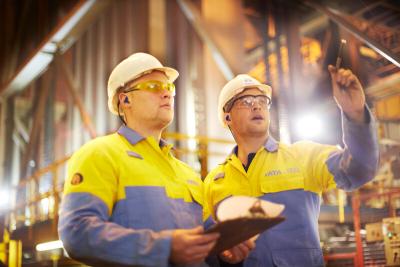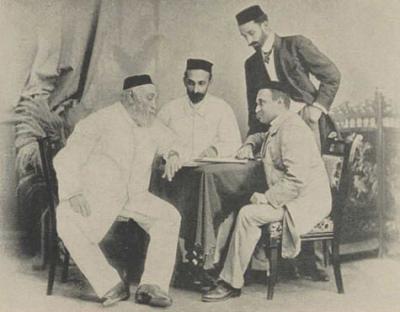Tata Steel has signed major contracts with Clecim and ABB Limited to supply its cutting-edge pickling line—a key component in steel processing—for its Port Talbot site in Wales, UK.
The partnership marks a significant milestone in the company’s journey to green steelmaking at Port Talbot, forming part of its £1.25bn investment in the site, which includes £500mn in Government support. The project is expected to employ 250 local people during the construction phase.
As leader of the consortium, global supplier of steel processing lines and rolling mills, Clecim, together with global technology leader, ABB, will supply essential equipment and expertise needed to power the site’s brand new 1.8 million tonne pickle line.
The new line will process hot rolled coils to eliminate oxide scale formed during the steel rolling process, ensuring a clean surface for further processing, improving product quality, and enhancing the bonding of coatings or finishes.
Tata Steel CEO Rajesh Nair said: “Our new and advanced pickle line will form a major part of our green steelmaking facility at Port Talbot, ensuring we can supply downstream businesses with the high-quality, low CO₂ steel products our customers are demanding.”
“This collaboration represents another critical step toward securing a sustainable future for steel production in South Wales – made possible by the expertise and innovation provided by these best-in-class business partners.”
Clecim will design and supply mechanical and process equipment, while ABB will deliver electrification and automation technology required for the cutting-edge pickle line. With the pre-engineering phase of the project completed, both companies are now moving forward with detailed engineering.
Thomas Comte, CEO of Clecim, commented: “We are proud to help pioneer this project by combining engineering, sourcing, and mechatronic products manufactured in France, to make this phase of Port Talbot’s transformation a reality.
“This achievement is a testament to the strong partnership we’ve developed with Tata Steel and ABB over the past several months. Together, we are working in an agile and innovative manner to successfully install the new pickle line.”
“Looking ahead, we will continue our close relationship with colleagues at Port Talbot to oversee the quality of the line post-installation, driving sustainability and operational excellence for many years to come."
Frederik Esterhuizen, ABB Global Business Line Manager said: “Achieving decarbonisation targets in industry requires strong collaboration, and together with Clecim, we are confident in our ability to drive progress for both our customers and the industry.”
“We look forward to working closely with Tata Steel and Clecim to ensure the safe and sustainable production of steel for this groundbreaking project, and for generations to come.”
Industry Minister Sarah Jones said: “This is yet another positive step towards securing a bright future for steel in South Wales, following the improved deal for Port Talbot’s transition we agreed with Tata Steel and the next phase of our steel plan.
“Today’s news will help Welsh steelmaking grow and attract further investment as part of our Plan for Change.”

NOTES
- In the process of hot rolling of steel, an oxide layer is developed on the surface of the strip steel. Form many further processing and final use specifications, the oxide layer needs to be removed. This is done through a process of mechanical removal, and then chemical removal with the strip dipped in to hydrochloric acid to remove the scale build up. Once the scale is removed, the steel can be further processed to give it the surface and mechanical properties required by the end users.
- This consortium for Port Talbot’s new pickle line is the latest milestone Tata Steel has passed on its transition to green steelmaking. Last month, the company appointed Sir Robert McAlpine as the project’s mains works contractor and in October, it announced that world-leading metals technology manufacturer Tenova will supply the new electric arc furnace.
- Construction work for Tata Steel's Electric Arc Furnace (EAF) project at Port Talbot is set to begin in Summer 2025. This marks the start of a significant transformation in the steelmaking process at the site.
- When fully operational in 2028, Tata Steel’s electric arc furnace will reduce the site’s carbon emissions by 90%, equivalent to five million tonnes of CO₂ a year.
About Tata Steel UK
- The Tata Steel Group has been named one of the most ethical companies in the world, and is among the top producing global steel companies with an annual crude steel capacity of 34 million tonnes.
Tata Steel in the UK has the ambition to produce net-zero steel by 2045 at the latest, and to have reduced 30% of its CO2 emissions by 2030. - In October 2024, Tata Steel ceased ironmaking at its Port Talbot site and temporarily paused steelmaking pending the construction of a 3.2Mtpa Electric Arc Furnace, due to be commissioned late in 2027 / early 2028. For that period, the business will import slab and hot rolled coil to support manufacturing and distribution operations at sites across Wales, England and Northern Ireland as well as Norway, Sweden, France, Germany and UAE. It also benefits from a network of sales offices around the world.
- Throughout 2024 Tata Steel UK has been undergoing a restructuring that will reduce the size of its workforce to around 5000 direct employees, supplying high-quality steel products to demanding markets, including construction and infrastructure, automotive, packaging and engineering.
- Tata Steel Group is one of the world's most geographically-diversified steel producers, with operations and a commercial presence across the world.
The group recorded a consolidated turnover of around US$27.7 billion in the financial year ending March 31, 2024.








